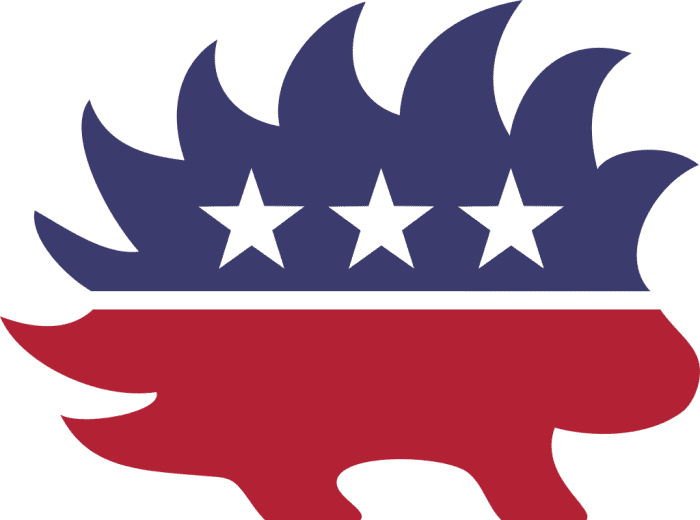So I’ve been thinking about when someone is justified to owning something, and this is my thought process (sorry if this is not the intended use of this community):
Imagine a person who finds a rock on the ground, when he picks it up & uses it to hurt another person they are morally culpable. Comparably, that same person has a body & if they use that body to hurt someone, they are morally culpable as well. It’s hard to say that people don’t own their body, as in they have the moral right to keep & use something (the body), since it’s an extension of their consciousness. How & when someone owns something is important, since the right of property is seen as a fundamental right & is the bedrock of our capitalist society. So using something we fundamentally agree is something that someone owns, we can to understand why & apply it to other things. When comparing these two examples, we’ll understand that what makes ownership exist is if it is used as a tool. Simply because the ownership of the body can be compared to an ownership of an item, which is especially explicit in a moral example in isolation.
Let’s say there’s someone named Elthri, and they will painlessly separate the arm of someone named Kral — which Kral does not want, however would be extremely useful for Elthri to use. This is to avoid other variables, such consequentialist thought of net harm; we’ll treat this as a net-zero in positive or negative outcomes. Everyone agrees, unless someone prescribes to an esoteric philosophy, that Elthri does not have any moral right to take away Kral’s arm for one reason: he has ownership of that arm; it’s his arm. The reason it’s his arm is that it’s connected to his consciousness, it’s a part of his moral weight — it’s an extension of his consciousness. That’s the same reason we can prescribe moral weight to his body, it’s an extension of his consciousness — if not that means if he punches someone he cannot be morally culpable. Since a disagreement of this premise necessarily means his hand hitting someone is not connected to his consciousness, meaning they are not morally capable. Him, as a person, cannot be blamed.
Items work the same way: when someone picks up a rock & hits someone with it, they are still morally culpable. The rock becomes an extension of the person’s consciousness. The only real difference is that the body gives sensory details to our experience, while we can only externally feel the rock. However, in the scenario Elthri & Kral scenario pain (or senses in general) is not the reason for why Elthri cannot keep Kral’s arm — meaning we must conclude that the extension to our consciousness is the actual reason something becomes owned. Kral owns his arm because it’s an extension of him, the same way a rock can be.
However, when does something become an extension of another person is still a standing question. Hurting someone is an obvious example, since there is moral weight, it’s easy to see the extension, but in the input, process, or result of hurting someone when does it become owned? The only answer is that it’s used as a tool, our body is inherently a tool because we must necessarily use it.
A rock is used, it becomes a tool, which means it becomes owned. In the rock-hurting example, it cannot be the outcome (as in hurting someone) in of itself, since someone can have a body but never have a moral outcome in a vacuum but still own their body. It cannot be the person’s effect on the rock, since a person who cannot feel, move, essentially cannot affect their body still owns it. However, the use of the body as a vessel means it is used meaning it’s a tool, meaning it’s explainable through tool-ownership.
I coin this as thinking as tool-ownership, unless it’s already an established philosophy that already has a name. Which is, in a vacuum, the use of a thing as a tool means the person owns the thing.


Oh I absolutely agree that ownership of your body is a right. If people have natural rights, surely they’re the only ones who could claim their own body, no?
But once you get to communal goods like natural resources, multiple people could have a claim, and you need society to step in to recognize and protect ownership. Without society, you merely go by the rules of possession. If I find a walking stick on the side of a trail and nobody is around to claim it, I can take it and use it. If I find a walking stick next to someone’s house, that’s a separate thing altogether. The only difference here is how society assigns ownership.
Everything you said is agreeable, everything you said I completely agree with. Assuming the house scenario has laws to protect ownership, correct.
I am not saying this thought of moral ownership is viable through wilderness most of the time. Merely what is moral or immoral in respect to ownership.